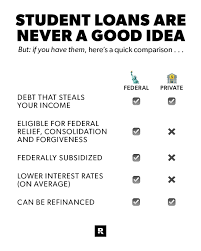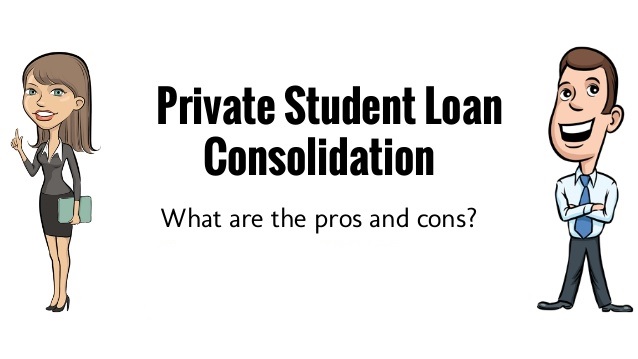
Should I consolidate my student loans? This article will discuss the benefits and disadvantages of this popular option. We’ll also cover repayment options. Read on to find out more. It’s not the best choice for every student. Whether you’re considering consolidation, or just looking for more flexible loan options, it’s important to understand the pros and cons of student loan consolidation. The pros and cons of student loan consolidation are not the same for everyone, so it’s important to shop around before making your final decision.
Problems with consolidating student loans
While consolidation can provide benefits such as lower interest rates, it can also present a number of risks. The consolidation process is complicated and risky, and doing it incorrectly can lead to serious issues for both you and your lenders. For starters, you may lose eligibility for student loan repayment and forgiveness programs. In addition, you may lose your history of student loan forgiveness, so consolidation is not a good option for everyone. Unfortunately, most borrowers are not eligible for consolidation.
One of the biggest benefits of student loan consolidation is the convenience of fewer payments. The monthly payment is much lower and the repayment term is longer. However, this can also lead to higher loan balances as interest accumulates over a longer period of time. Thus, it is important to plan ahead and understand all the benefits and risks of student loan consolidation before you choose the right option for you. For short-term relief, you may choose deferment, forbearance, or refinancing.
Benefits
Debt consolidation can offer several benefits. In addition to getting you one monthly payment, you can choose to extend the term of your student loan from ten to fifteen years, twenty to thirty years, or even thirty years. This can significantly lower your monthly payment and reduce interest rates. Having one single payment per month will also give you financial relief if you are having trouble making ends meet. If you’re worried that you will miss a payment, consider applying for deferment or forbearance, which will allow you to delay your payment for a while.
When it comes to interest rates, private consolidation loans are the best option. You’ll save money on interest by securing a lower rate. By 2020, 76% of private consolidations will be prompted by interest rate reductions. Compared to private consolidation, public loans can simplify the repayment process and extend the term of your loan, lowering monthly payments. Additionally, public consolidation loans will help you stay eligible for federal programs. However, you must remember that public consolidation loans can only consolidate federal student loans; private ones cannot be consolidated into federal loans.
Disadvantages
When you consolidate student loans, you’ll only have to worry about one monthly payment instead of many. In most cases, a consolidation can save you money by lowering the monthly payment, but it can also increase the length of your loan. This could result in higher interest rates and lost benefits. However, some advantages outweigh the drawbacks. Below are some of them. Continue reading to learn more about the pros and cons of consolidating student loans.
Consolidating your student loans can lower your monthly payment, but you may lose important benefits as well. For example, you may lose the right to opt out of Public Service Loan Forgiveness, which allows you to repay your student loans when you are in a low-income position. Additionally, consolidation resets the clock on forgiveness options for student loans. However, it can give you more options for student loan consolidation and lower your monthly payment.
Repayment options
There are two repayment options for student loans: the standard plan and the graduated plan. The standard plan calculates payments based on the loan balance and terms. The term of the loan is the length of time you have to repay the debt. If you graduated with a balance of $20k-$40k, the repayment period is approximately 20 years. The graduated plan will gradually increase the monthly payment until the loan is paid off entirely.
The standard repayment plan for federal student loans is based on income and stipulations, such as family size. Typically, this payment plan aims to keep monthly payments at 10% of your discretionary income. However, some loans have other benefits. If you have a lower income, you may be eligible for an income-driven repayment plan. If your monthly payment is higher than 10% of your discretionary income, your loan payments will be adjusted accordingly.



